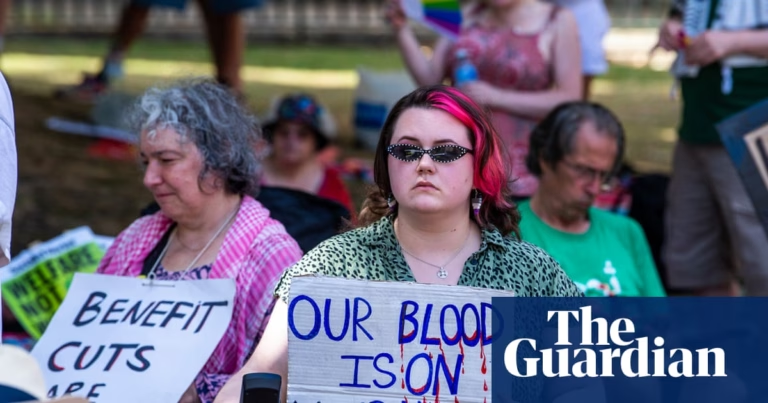The Australian state of Victoria has passed new laws to address hate speech, including a provision known as the “Sam Kerr clause” to prevent these measures from punishing the people they aim to protect. Individuals found guilty of severe vilification offenses, such as inciting hatred or physical threats, could face a maximum of five years in prison following the bill’s passage in state parliament. This represents a significant increase from previous penalties, which rarely led to prosecution and had a maximum sentence of just six months. The legislation also extends current protections against hate speech to encompass disability, gender identity, sex, and sexual orientation, in addition to race and religion.
To ensure the bill’s successful passage through parliament, the Victorian Labor government reached an agreement with the Greens to include several safeguards. These safeguards include the requirement for police and courts to consider the “social, historical, and cultural context” when adjudicating vilification cases in both civil and criminal contexts. This measure, referred to as the “Sam Kerr clause” during parliamentary debate, aims to protect against the misuse of these laws against overpoliced communities, addressing concerns highlighted by Georgie Purcell, a MP from the Animal Justice party. Purcell drew attention to the Sam Kerr case, where the footballer was found not guilty of racially aggravated harassment after a London court dismissed allegations stemming from her comments about a police officer, illustrating how laws intended to prevent vilification and discrimination can be weaponized against their intended purpose.
Greens MP Gabrielle de Vietri argued that this clause will prevent the misuse of these laws against communities disproportionately targeted by police, such as Indigenous Australians. The Victorian Aboriginal Legal Service (Vals) had warned that without safeguards, the state’s new hate speech laws could unfairly criminalize individuals for challenging oppressive systems. Vals welcomed the Greens amendment, noting it aligns with existing federal case law that dismissed a claim of racial vilification, recognizing the importance of the principle from the McLeod v Power case where an Aboriginal woman’s comment about a white prison officer was dismissed.
The introduction of third-party oversight for convictions and the adjustment of religious exceptions to protect vulnerable groups, such as the LGBTQIA+ community, further reflect the legislative compromise reached. Despite the Coalition’s opposition, citing that the legal test applied to civil laws could risk individuals being sued for expressing honestly held views, these new laws signify a substantial legislative initiative to combat hate speech in Victoria. The measures have been supported by various community groups, indicating a broad consensus on their importance. The state premier, Jacinta Allan, emphasized the legislation’s role in fostering a safer and more inclusive community, with ample support from different cultural and advocacy groups. The criminal provisions are set to take effect in September, with civil aspects to follow in June 2026.
Source: https://www.theguardian.com/australia-news/2025/apr/02/victoria-anti-vilification-social-cohesion-laws-sam-kerr-ntwnfb








